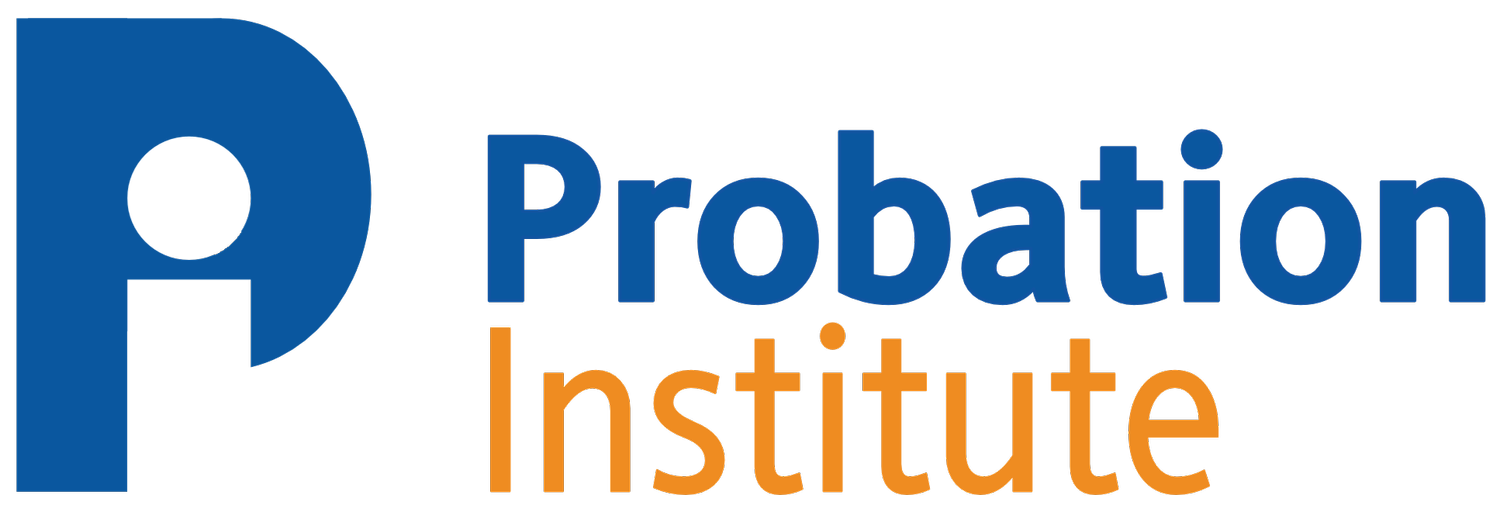Position Papers
The Probation Institute publishes ‘Position Papers’ setting out its views on a number of topical issues. As with the rest of its work, the Probation Institute seeks to base its arguments on empirical evidence, well-founded academic research and the real world input of experienced probation and rehabilitation professionals.
Please feel free to download the Position Papers below.
You are free to reproduce the content of these as long as you credit the Probation Institute as the source.
1/24 Professionalism and Probation
This paper is a contribution to an important debate about professionalism, professional registration and regulation, exploring the personal challenges, values and responsibilities involved in the complex role of probation officers.
The paper has been authored by Anne Burrell, Robbie Bourget, Roz Morrison and Mary Anne McFarlane.
2/23 Race Equality
This Position Paper on Race Equality is written at a time when the Probation Service is making strenuous efforts to establish a unified service following the partial privatisation in 2014 reversed in 2021. Workforce pressures across the justice sector and wider public sector accentuate the challenges for the justice system seeking to balance risk and rehabilitation within a culture of equality and positive attitudes to diversity. Attention focussing on race equality has recently shown that there is a huge challenge facing Probation and the wider justice sector to be seen to consistently address race equality effectively.
1/23: Remote Working
The purpose of this Position Paper is to identify and share key issues regarding the use of remote working arrangements in Probation and wider rehabilitation organisations. It is recognised that the period of the Covid19 Pandemic created a need to look for alternative ways of communicating with, supporting and supervising service users in these areas. Remote working is a recent development and naturally raises question about how to ensure that the needs of employers, service users and the wider public are sufficiently met, and that positive benefits can be built upon.
2/21: Use of the Protocol for Pre-Sentence Report Before Plea
This paper considers the new Protocol for the preparation by the Probation Service, of a pre-sentence report (PSR) before plea, for use in the Magistrates Court where there is an intention to plead guilty and the legal representative has requested the PSR before plea.
1/21: Probation Court Work
This paper recognises significant changes in probation structures and also the major implications of the Coronavirus Pandemic for the operation of the courts, leading to a rapid increase in the use of remote court hearings, and considers the skills and knowledge required. The Probation Institute has produced a further, linked briefing paper “Technology, Remote Hearings and Probation Practice” which discusses the developments in technology supporting remote court hearings and offers guidance to practitioners.
1/20: Probation and the Voluntary and Community Sector
This paper has been developed to help to address appropriate roles and to strengthen the relationship between probation and the voluntary and community sector as the integrated National Probation Service develops. We have consulted academic colleagues working in the field, practitioners and Clinks the organisation representing the voluntary and community sector.
3/17: The Use of Technology and Electronic Monitoring (EM) to Support the Supervision and Management of Offenders in the Community
This paper sets out the position of the Probation Institute on the use of technology in supervision, support and monitoring of offenders in the community.
2/17: Offender Health
The Position Paper sets out clear principles which should apply to all agencies in Probation and Rehabilitiation. The paper recognises the vulnerability of the health of many probation service users and the importance of closer attention to the health needs of this group.
1/17: Shaping the Future of Electronic Monitoring in England and Wales
This product is a forensic look at the many issues around new technology and electronic monitoring, drawing on an extensive knowledge base.
Regulatory Body Policy Statement Oct 2016
The Position Paper makes clear proposals for:
- A Regulatory Body for Probation, Rehabilitation and Resettlement requiring registration by practitioners and managers.
- A Continuous Professional Development Scheme for Probation, Rehabilitation and Resettlement.
4/16: Researching Probation and Community Rehabilitation
This paper explores the ways in which we are committed to the development of knowledge, through research, to inform probation policy and practice. (PI Code of Ethics Value 7)
3/16: Training and Professional Development
The Position Paper makes a wide range of recommendations aiming to support the training and continuous professional development of those who work in the sector, pressing for a more integrated approach to training and associated standards.
2/16: Penal Reform
This Position Paper sets out what the Probation Institute considers the key issues that must be addressed if reforms are to have a material impact on reducing re-offending.
1/16: Office Arrangements
This paper explores the principles behind constructing office arrangements which support the primary endeavour of rehabilitation, giving due regard to the confidential nature of the service user-staff engagement whilst maintaining public and client safety.















